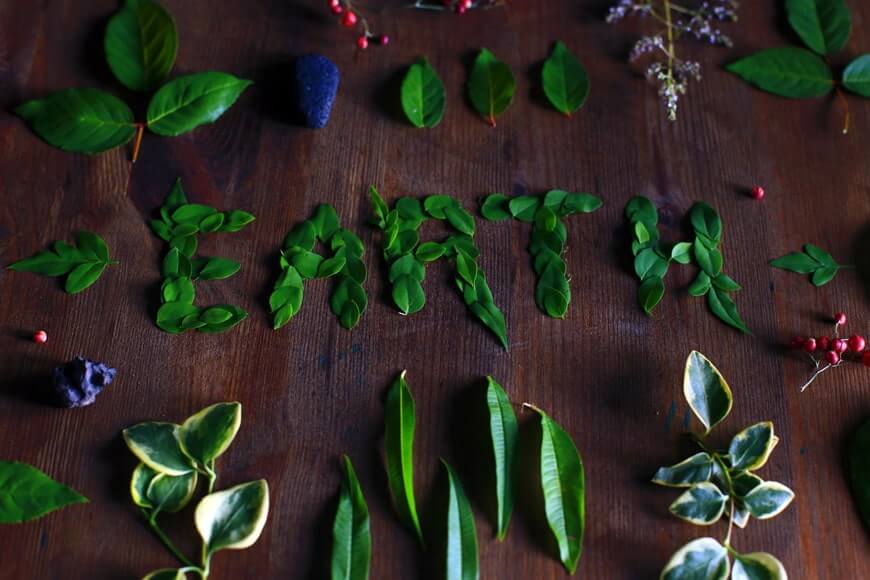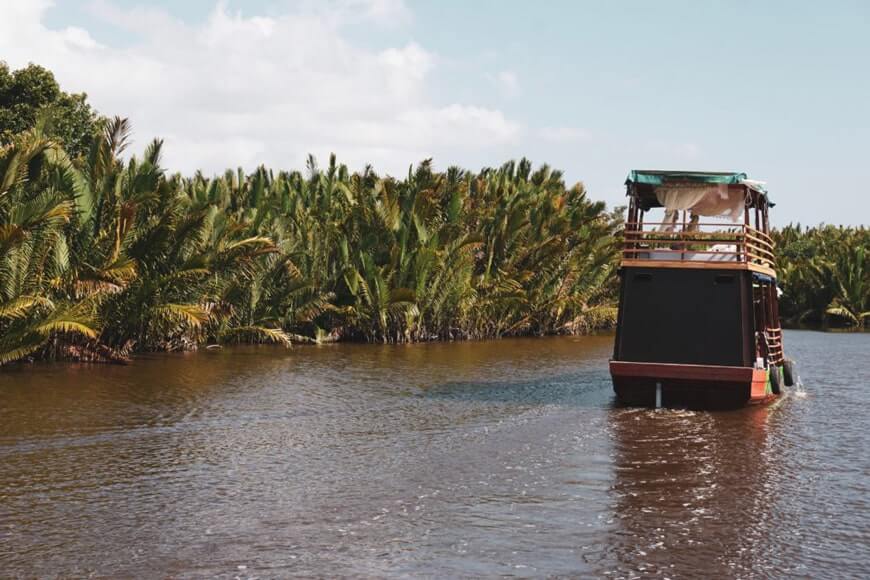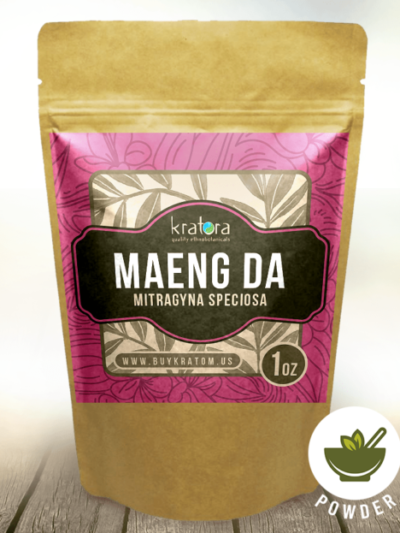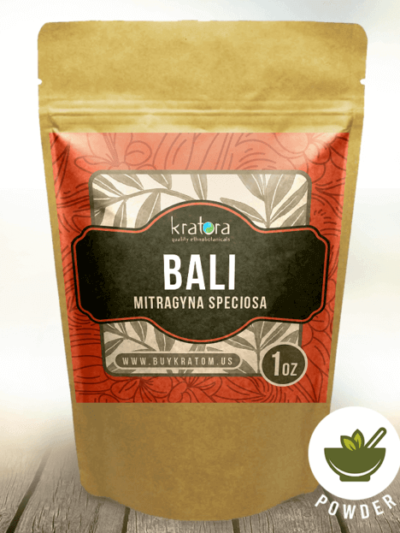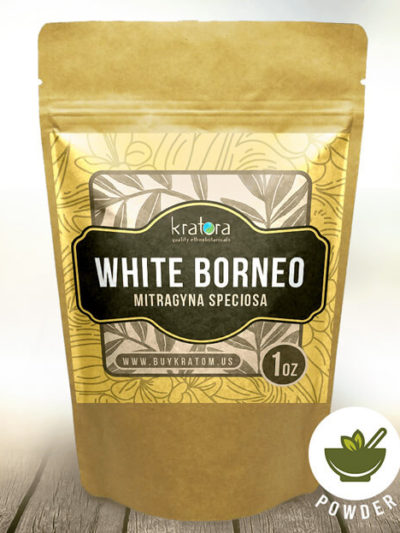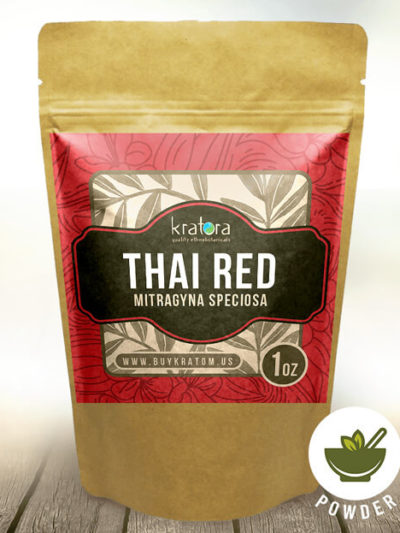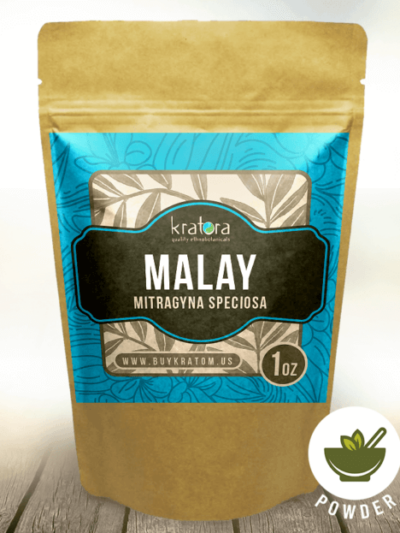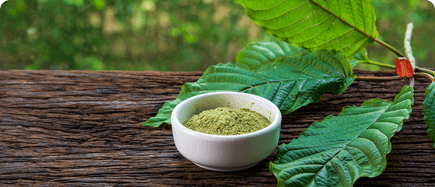What is Kratom?
Native to the jungle areas of Southeast Asia, kratom (Mitragyna speciosa) is a tree in the coffee or Rubiaceae family that grows naturally along riverbanks in Thailand, Indonesia, Malaysia, Burma (Myanmar), and Papua New Guinea. Its leaves were traditionally chewed by laborers to fight fatigue and aches during the long working day and were also used in traditional folk medicine as a remedy for diarrhea, fever, insomnia, anxiety, and as a wound poultice.
In the twenty-first century, kratom farming has boomed as people around the world turn to this all-natural ethnobotanical for a variety of reasons.
However, in an era when awareness about sustainable and ethical farming practices is rising and people are looking for palm oil farming alternatives, how does kratom farming stack up? Does purchasing kratom help the environment or harm it? In this blog, we’re going to explore the kratom farming practices used by Kratora and how these are helping to preserve jungles and families in the islands of Indonesia.
Home of the Sumatran Tiger and the Forest People
The jungles of Indonesia (including Sumatra and Borneo) are home to a vast array of animals and traditional communities that depend on the forests and sustainable kratom farming to survive.
The Sumatran tiger, for example, is now critically endangered with a mere 441 to 679 left in the wild—thanks to the disastrous impacts of deforestation. Orangutans are also on the way out with only 70,000 left roaming in the wild. This wouldn’t be necessary if all producers used practices to similar to sustainable kratom farming.
Forest People are Losing Their Homes Too
Animals aren’t the only ones affected by the vast areas of forest being destroyed to make way for timber, paper, rubber, and palm oil plantations. People are losing their homes too. For a long time, the Orang Rimba (“forest people”) have lived in harmony with the jungle on the Indonesian island of Sumatra using jungle flowers as a major part of their spiritual beliefs and practices.
As monocrop plantations take over the areas of the jungle where they live and find food, traditional forest people have no choice but to abandon their culture, beliefs, and lifestyle and go to live in the towns and cities. With this exodus from the jungle, knowledge about traditional foods and remedies is lost and these ancient people groups begin to suffer from the same ills as the rest of modern society.
Understanding the Threats to Southeast Jungle Habitats
Kratom farming is one initiative that could help to turn the problem of deforestation around. However, to appreciate the full benefits of palm oil farming alternatives such as wild harvesting and backyard kratom farming techniques, let’s first take a look at the practices used in two giant forest industries: palm oil and paper.
Palm Oil
Palm oil is a crop that has received a lot of attention in recent decades for its role in mass deforestation and even climate change. The most common oil produced worldwide, palm oil plantations take up over 27 million hectares of the world’s surface and produce 66 million tons of palm oil every year. The areas used for these plantations—some the size of New Zealand—are cleared by burning or bulldozing the native forests. Palm oil plantations are often party to human rights abuses as well—including many “sustainable” and “organic” palm oil farms. This is very different from ethical kratom farming!
Palm Oil in our Products
Where do you find palm oil at the shops? Palm oil is widely used for all sorts of products. In fact, half of our supermarket products contain palm oil (including packaged foods, cosmetics, and detergents) and nearly half of the palm oil that enters the EU annually is used as “biofuel!”
While palm oil fuels are seen as a renewable source of fuel by some governments, they actually produce three times as many greenhouse gases as petroleum with higher CO2 and methane emissions. You can help to reduce the consumption of palm oil by cooking at home (instead of buying packaged food), riding a bicycle instead of driving, and supporting palm oil farming alternatives such as kratom farming. As well as helping the environment, these actions can also improve your health!
Paper and Timber
Just supporting palm oil farming alternatives, however, isn’t enough to save the rainforest. The timber industry—and especially the paper industry—is another big contributor to deforestation in Southeast Asia. With the industrial revolution, widespread literacy, and the advent of computers and photocopy machines, the use and production of paper is of a higher magnitude than what it was a few hundred years ago. Paper receipts alone waste a billion gallons of water, kill 10 million trees, and create 1.5 billion pounds of garbage.
While approximately 70% of the paper in the United States comes from sustainably managed timber plantations, the industry is much less regulated in tropical places like Indonesia where roughly the same percentage of logging is illegal. Rather than planting their own trees as we do with kratom farming, companies like APP and APRIL have been chopping down native rainforests to meet the high demand for paper across the Asian continent.
Fortunately, pressure from activists has resulted in some changes, and the company, APP, has promised to end their deforestation practices. However, their plan only covers the time up until 2020! To combat illegal logging and make your paper usage more sustainable, buy recycled paper where possible and only use new paper that has Forest Stewardship Council (FSC) approval.
In contrast to the examples given, fabulous paper and palm oil farming alternatives exist whereby local people can derive economic, social, and health benefits from rainforest species without damaging the environment. An example of this is kratom farming!
The traditional way of growing and harvesting rainforest plants (such as kratom) is to pick them by hand, directly from nature, and without pulling up the roots or cutting the trunks. When you only take a little and respect the whole plant, this “pruning” actually stimulates new growth and the result is an even greater abundance!
At Kratora, one of our kratom farming techniques involves local people picking selected kratom leaves and branches of Mitragyna speciosa that grows wild in the jungle. As this species is endemic to the region, it requires no pesticides or special treatment such as watering or fertilizing. Mother nature does all of that for us!
Backyard Farmers
The other way that our kratom is grown—a wonderful option among palm oil farming alternatives—is by planting kratom seedlings in the backyards of those who live along the riverbank in the jungle.
By paying the locals to do our kratom farming in their own backyards, no jungle area needs to be cleared to make room for new trees, and the arrangement provides a wonderful cash income for these people who mostly live off subsistence farming and bartering with their neighbors. Furthermore, as only a small number of seedlings are planted on each property, the kratom trees grow as part of a diverse ecosystem of plants that can shade and nourish each other.
Take a Leaf out of Kratom’s Book
Just like kratom farming, there are a growing number of botanical products that are being produced sustainably in “forest gardens” and similar arrangements in which the planting mimics a natural forest ecosystem. Our collection of kratom alternatives features products produced from organic growing and traditional harvesting techniques. Many online providers today even produce wildcrafted herbs and fruits — did you know that you can even find wildcrafted chocolate and coffee?!
If you’re really wanting to get on board with sustainable farming (and gardening), try growing more of your food and medicine at home and eating it fresh. Freshly-ground basil pesto has a divine aroma and—if you live in a tropical area—fresh sugarcane juice is not only highly refreshing but is also good for you!
-
Energy
Maeng Da Kratom Powder
From $12.99 Shop Now This product has multiple variants. The options may be chosen on the product page -
Relaxing
Bali Kratom Powder
From $10.99 Shop Now This product has multiple variants. The options may be chosen on the product page -
Energy
White Vein Borneo Kratom
From $10.99 Shop Now This product has multiple variants. The options may be chosen on the product page -
Relaxing
Thai Red Vein Kratom
From $10.99 Shop Now This product has multiple variants. The options may be chosen on the product page -
Energy
Green Malay Kratom Powder
From $10.99 Shop Now This product has multiple variants. The options may be chosen on the product page
Help to Protect the Rainforest
In addition to buying and growing wildcrafted products through practices such as kratom farming and avoiding unsustainable practices like palm oil, you can also help to save the forests of Indonesia by joining a group like Rainforest Alliance. This group and others have information that you can use to raise awareness about deforestation. They also run petitions and social activities that you can join in with to help protect forests worldwide!
Kratora is Leading the Way
By going about kratom farming in a 100% sustainable way, Kratora is leading the way in ethical and sustainable kratom production. The rich volcanic soil and biodiverse environment where our kratom grows naturally also makes it much higher in alkaloids!
You can join in our efforts to protect the environment by purchasing our premium organic botanicals and finding sustainable palm oil farming alternatives for the other products you consume regularly
Shop Kratora today to receive same-day shipping on orders submitted before 3 PM EST Monday through Friday and 1 PM EST on Saturdays (excluding holidays).
Please note that the US FDA has not approved kratom to be sold for human consumption, sold for external use only. None of the products sold on our website are intended to diagnose, treat, cure, or prevent any disease or medical condition.
Want to learn more about kratom quality and value? Start here:
Why Buying Cheap Kratom Can Be Dangerous
